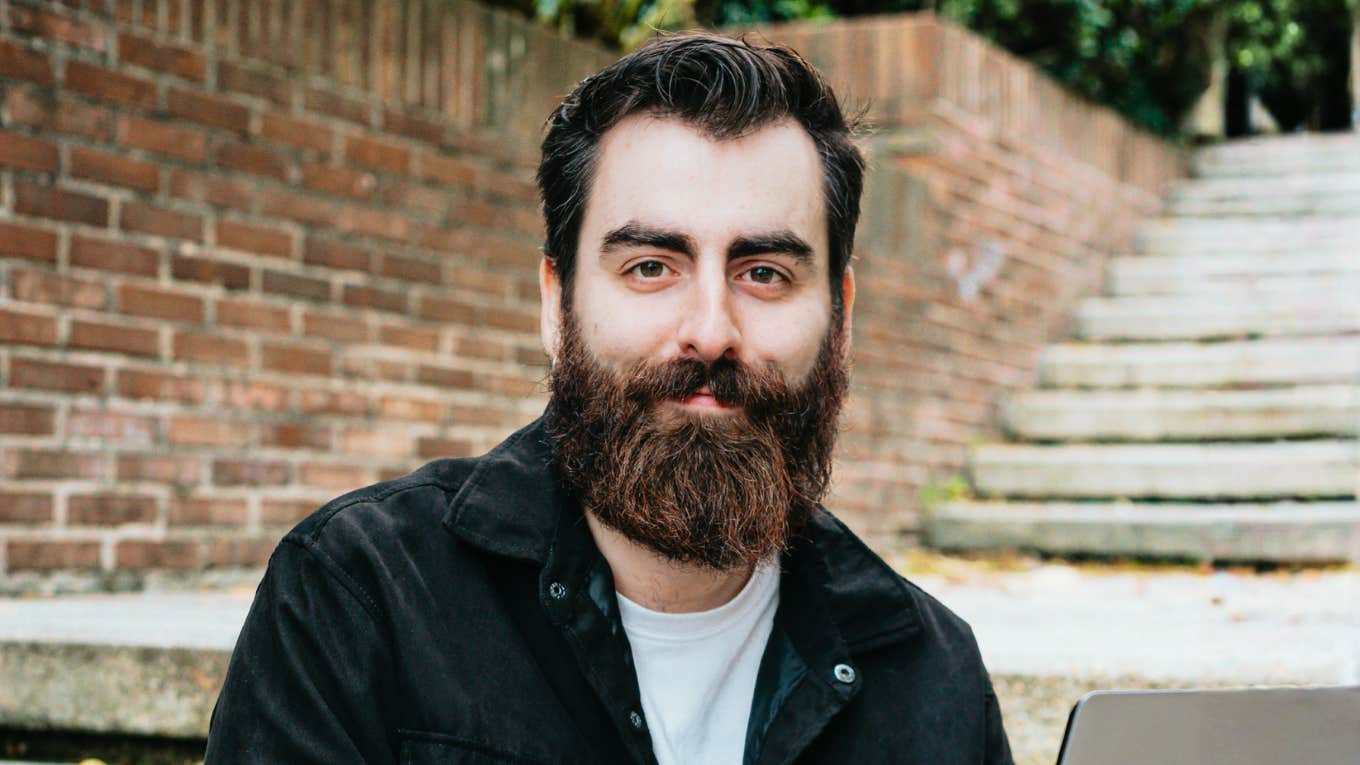The Art Of Genius: 3 Simple Ways Pretty Much Anyone Can Unlock Limitless Genius
How to find the inner intelligence you've long believed only belonged to other people.
 A. C. | Unsplash
A. C. | Unsplash Have you ever thought about how you learn? We think about learning as an academic process, but learning is about so much more than what happens in the classroom. It's even more than what you can learn in the "mean streets" of life or through simple trial-and-error.
Learning, like intelligence, is a deep, personal and expasive process that affects everything related to our growth. Expanding our ability to learn and become more intelligent is key to becoming the best versions of ourselves.
Superstar expert in how humans learn, Paul Scheele, has cracked the code on how to change the heartache, confusion, and loneliness in the world in practical, actionable ways. But before you can take advantage of all of these "intelligence hacks," you might have to unlearn some of what you believe about what it means to be genius.
Here are 3 simple ways average people can unlock limitless genius
There are many forms of intelligence, and academic access is only one. To understand learning, knowledge, and intelligence, we have to let go of the book-learning model of intelligence. We have to realize that human cognition is intelligence. Our ability to survive and thrive in any conditions has been demonstrated historically and biologically.
Paul Scheele talked to Andrea Miller on the Getting Open podcast about using neuro-linguistic programming, which researchers define as, "a field of psychology and communication that focuses on the relationship between neurological processes, language, and behavioral patterns." It is a proven, powerful way to learn faster.
1. Forget the stereotypes about who can be a genius
Often, we think of a "genius" as a rich and privileged person, someone who went to Yale or Harvard just like their father and grandfather. Or maybe we think of a unique, special child who can solve algebraic equations before they turn five and who goes to University at age 12.
That's because intelligence has long been associated with social class, and various forms of intelligence have been disregarded among the rest of the population. This is especially true when one considers the biases against people from lower socioeconomic classes in standard IQ and skills assessment tests.
Regardless of how or where someone was raised, if they were not named "intelligent" or "genius" at a formative age, they may form a bias against their own ability to learn and become smarter. But it turns out, there is potential for genius in nearly all of us, regardless of whether we have a learning challenge or had a rough childhood.
When you unlock what true intelligence is, you find a willingness to try things that may not make "sense" to the logical mind. The logical mind is part of a social script designed to help keep us safe, but it also helps keep us from changing.
However, by suspending preconceived ideas of logic, we gain a willingness to see our potential as truly unlimited. And with unlimited potential, we are driven to explore more.
2. Open your heart to the idea that change can be good
Socially, we have a built-in immunity to change, and we have to resist our fear of change at developmental levels. We are told, "Don't rock the boat," or "if it isn't broken, don't fix it." We are conditioned to maintain equilibrium.
Change, or new knowledge that brings change into our lives, is perceived as disruption. Sometimes it can be terrifying! After all, change means transformation, and you can't go back once you transform. This mindset increases our immunity to change because survival depends on being accepted by others. Immunity to change keeps us safe and satiated.
When we have access to our unlimited potential for learning, we can recognize how our fears cause us to resist change. Recognition releases us from the fear, so we can understand the growth potential and discover how new knowledge results in beneficial changes.
3. Be open to being different from everyone else
"Part of us is thwarting our challenge to aspiration," explains Scheele.
It's not easy to seek knowledge in ways outside the socially accepted boundaries of logic or what has been considered the correct way. This is especially true with neuro-linguistic programming. Socially, we are told, "No, that is a ridiculous idea; if that were possible, everyone in the world would do it."
You have to rethink the program and be open to exploring so you can discover new knowledge and new perceptions of yourself. As you change and grow, you leave behind the comforting illusion of safety. You become different.
You have to be willing to be different from others and take the less common path. Face the loss of equilibrium, and avoid the immunity to change. This means you will leave behind people who don't support you. You'll have to accept that transformation is destructive when you are willing to challenge what wants to keep you too safe.
Openness is what allows anyone to access unlimited knowledge and potential growth. It's all in the mindset before you find the right setting.
Will Curtis is YourTango's expert editor. Will has over 14 years of experience as an editor covering relationships, spirituality, and human interest topics.

